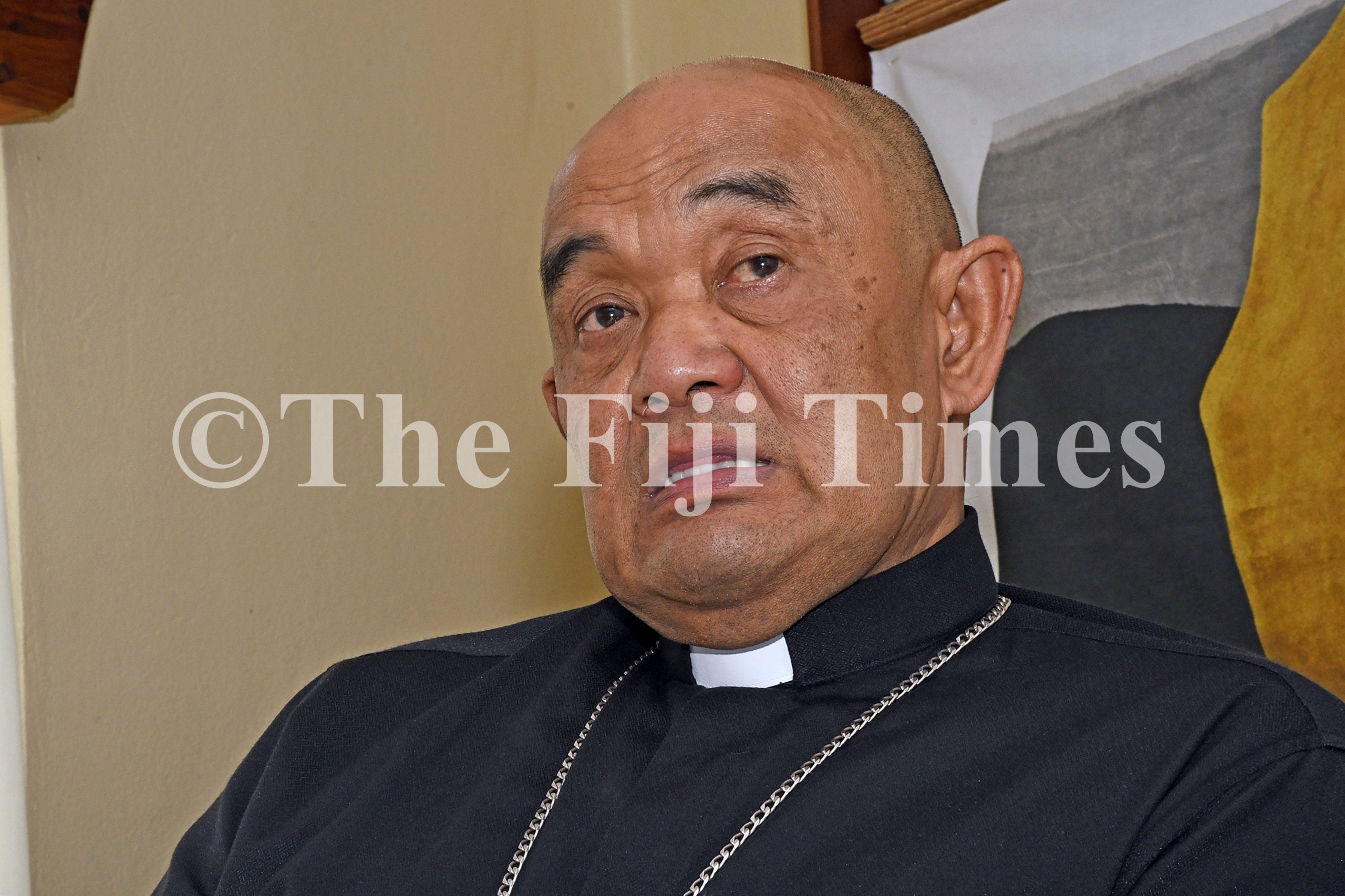THE Fiji Council of Churches has taken on climate change and drug abuse as its key strategic goals.
The head of the Catholic Church in Fiji, Archbishop Peter Loy Chong, said these issues were urgent matters and needed to be discussed widely.
“Definitely, for global social issues like these, it’s important that we engage on a very broad base,” Archbishop Loy Chong said.
“Many things are related to family, domestic violence, abuse of children and drugs. All these are linked.
“Some kids are taking drugs because of unmet needs from home.
“So, we’re developing a program using our youth ministry.”
He said it was important to find out why children go into drugs.
“We should ask the question, why are people taking drugs?
“If you Google that, you will find that they are related to the adolescent stage of life, that is, searching for belonging, searching for self-worth to boost their self-esteem, to belong.
“These are natural things that adolescents search for.
“If the family does not give that, society does not give that and if we have religion that is too condemning, is full of condemnation and punishing, and a culture that is just about tabu and condemning, it will not help our young people.”
The archbishop said the culture of condemning and punishing would not solve the problem.
“We’ve got to find a way to develop our young people.
“So, this is where our youth ministry and youth groups become an important strategy.
“The Government has its strategies about supply reduction, demand reduction.
“If you look at their strategies, none of their strategies deal with the person that is the victim of the drug problem.”
Archbishop Loy Chong said everyone should be playing their part in addressing the needs of children.
“You can be dealing with the demand reduction, supply reduction, but you’re not addressing the persons that are directly involved and vulnerable to this.
“So, churches and faith groups play an important part in this because churches and faith groups have youth groups.
“And so, we just developed a program with the youth ministry, and we hope to go to UNICEF because UNICEF has interests in adolescence, and then, of course, the Government has a Youth Ministry.”
“They can work together and develop leaders that can facilitate youth workshops and seminars, not only to speak about drugs, but to speak about the development of the person.
“We become too drug focused and forget the human person that needs growth and development.”



